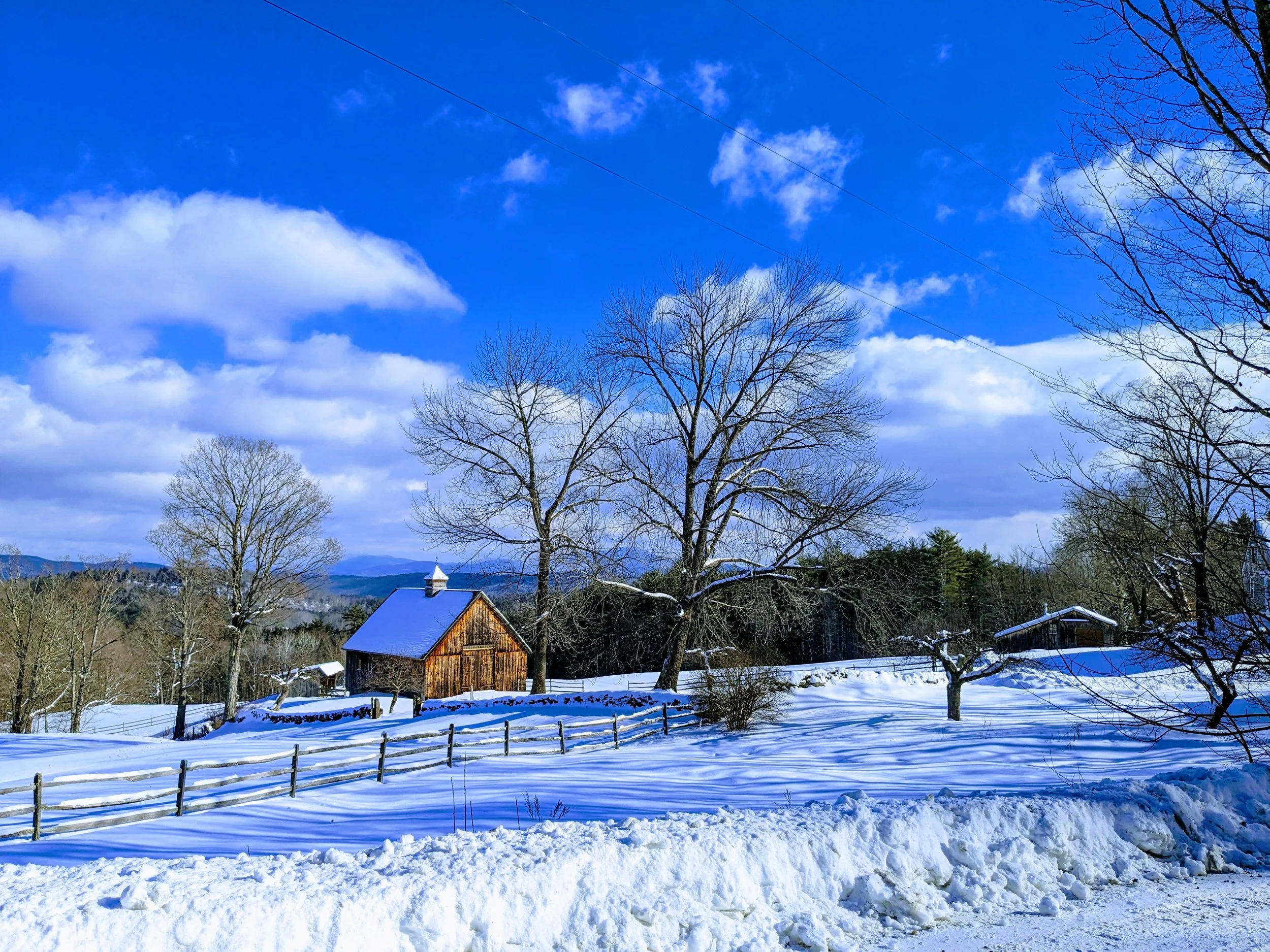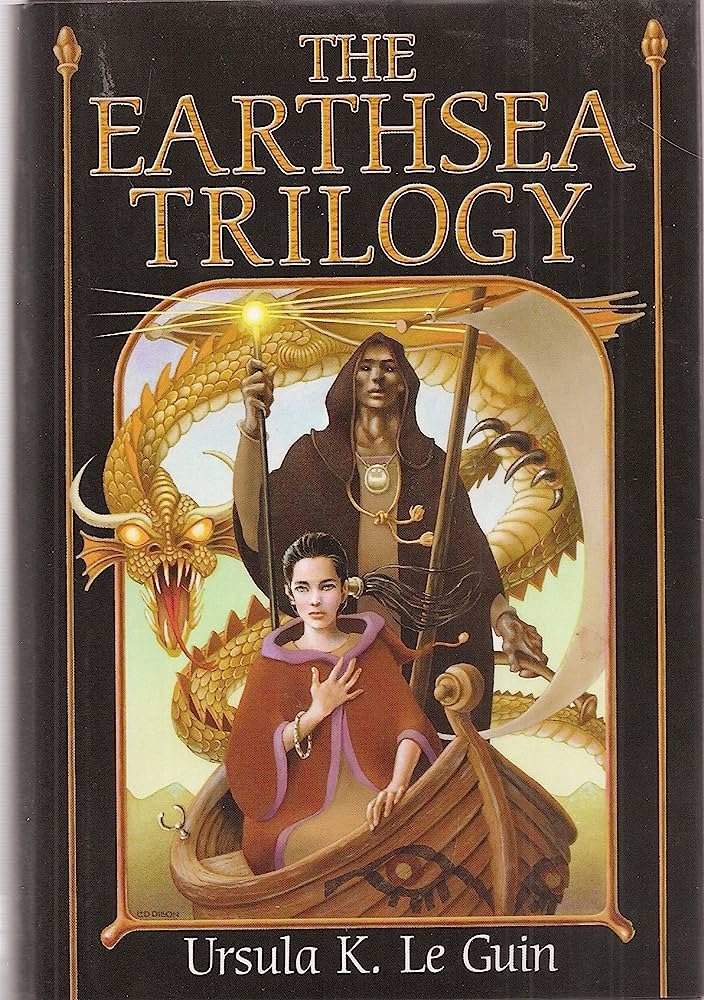Hello, friends! We are back and better than ever. We are excited to share the return of Burn Pile’s collection of interesting links for your entertainment pleasures, things we MFA candidates and CutBank staff have been perusing, viewing, and jamming this September.
Mark Hernberg
Second-year MFA candidate in poetry
Nonfiction Editor
Reading: Had to scratch that sci-fi itch before getting plunged back into literature this semester, so I just tackled (the fantastic) The Forever War by Joe Haldeman. Working through Ada Limón's latest (& beautiful) collection of poems The Hurting Kind.
Watching: House of Dragons—such rich, compelling storytelling I can pretend Season 8 of Game of Thrones never happened!
Lily Emerick
First-year MFA candidate in poetry
Visual Arts Editor
Reading: I’ve been reading lots of pre-release nonfiction to review, mainly nature writing and memoir, most recently an adventure story of climbing in the Alaskan mountains. I also just completed Elena Ferrante's newest novel, The Lying Life of Adults, which was not as good as the Neapolitan novels but still brilliantly written because Ferrante is amazing.
Watching: I’ve been rewatching Gilmore Girls just to complain about Rory.
Listening: Listening to Fiona Apple like it's 1999.
Robin Bissett
First-year MFA candidate in fiction
Online Managing Editor
Listening: “girl in your MFA” playlist
Emily Nelson
Second-year MFA candidate in fiction
Fiction Editor
Reading: Runaway by Alice Monroe, The School for Good Mothers by Jessamine Chan
Listening: "Pre-Pleasure" by Julia Jacklin, "It's Not Just Me, It's Everybody" by Weyes Blood, "Soul Journey" by Gillian Welch
Watching: Barry, Season 3
Marko Capoferri
Second-year MFA candidate in poetry
Poetry Editor
Listening/Watching: All things Marc Maron (WTF podcast, stand-up, weird indie comedy flicks). Maron feels like a kindred neurotic soul, with so many fears that I also share (climate collapse, creeping fascism, addiction/recovery, food issues, mental health issues). He hits it all in his podcast and stand-up, but with such generosity and humor as someone who has lived a lot and come out whole. He knows that we have to laugh or we’d all be exponentially more doomed than we perhaps already are. I never leave an encounter with him feeling hopeless.
Erin White
Second-year MFA candidate in poetry
Editor-In-Chief
Listening: Every morning, my 9-year-old fires up Spotify to purge whatever songs were running through his head overnight. This morning, it was the Star Wars cantina song. Sometimes it's Hamilton. Sometimes Weird Al. Sometimes I get to experience the elementary school sugar rush that is Parry Gripp. If you don't know such hits as "It's Raining Tacos", "Chimpanzee Riding a Segway", or "Last Train to Awesometown", it's probably fine.
When I've been in charge of Spotify lately, it's to satisfy the 80s post-punk bender I've been on — loads of Brian Eno, INXS, The Cure, New Order, Echo & the Bunnymen, and all that angsty, synth-y pop that I remember listening to with my sister on her tapedeck. Always a dose of Bowie in there, too. Also, I hear that tapes are back. Some things can stay dead and that's okay.
Reading: Everything I'm reading these days is either for class or CutBank, though I do indulge a few favorite Substack newsletters when they glisten in my inbox. Chris La Tray, Garrett Bucks, Anne Helen Peterson, and Francia McCormack put out some of my favorites. And Nick Cave's Red Hand Files is the best rockstar-written newsletter ever. Issue #202 is a good place to start — just a beautiful way of thinking about the convergence of art, creativity, understanding, and mystery.
Norma Barksdale
First-year MFA candidate in fiction
Special Projects Editor
Reading: I recently finished Elif Batuman’s Either / Or, the best part of which is the selected bibliography Batuman includes in the back. Not enough novels have bibliographies!
Watching: Last weekend a friend recommended Broadcast News, a 1987 romantic comedy starring Holly Hunter, whom I adore. It manages to avoid all cliche and has a surprisingly good ending, which most rom-coms do not.
Listening: I’ve been spinning Alain Goraguer’s soundtrack to La Planete Sauvage a lot lately—the album is weirdly tantalizing and playful, and it seems to make me more productive than usual.
Happy fall semester and happy writing!











